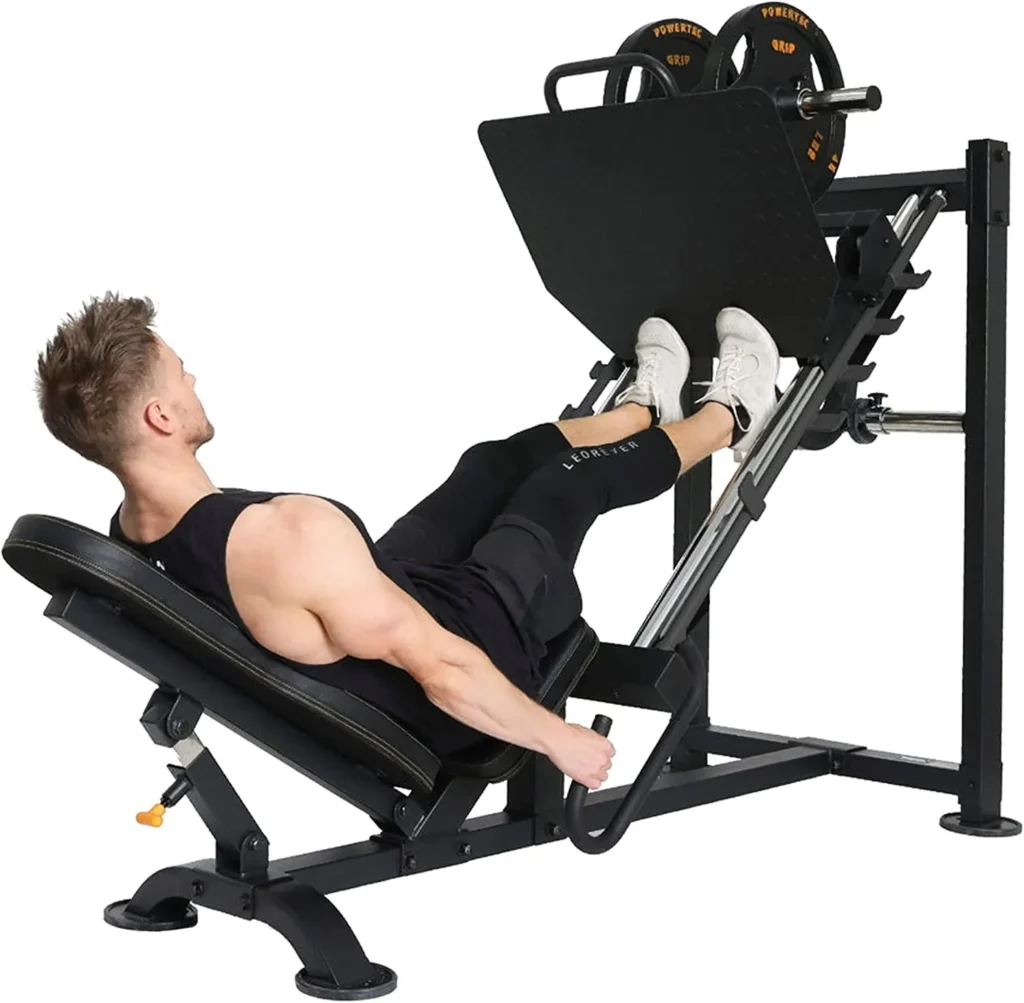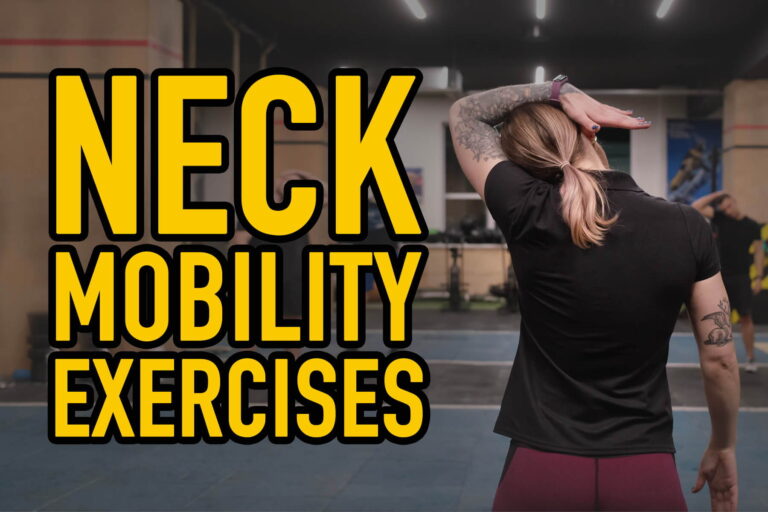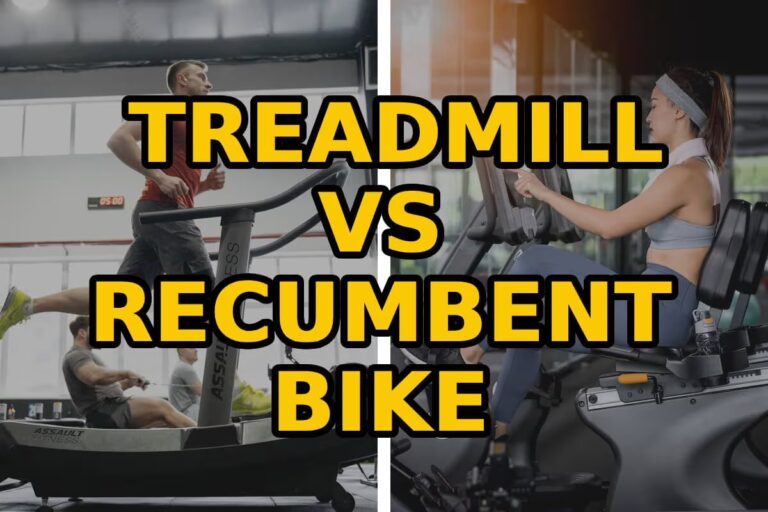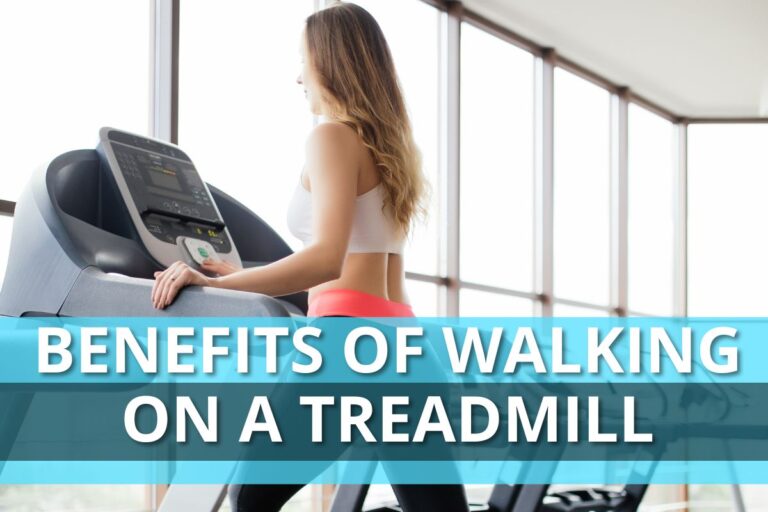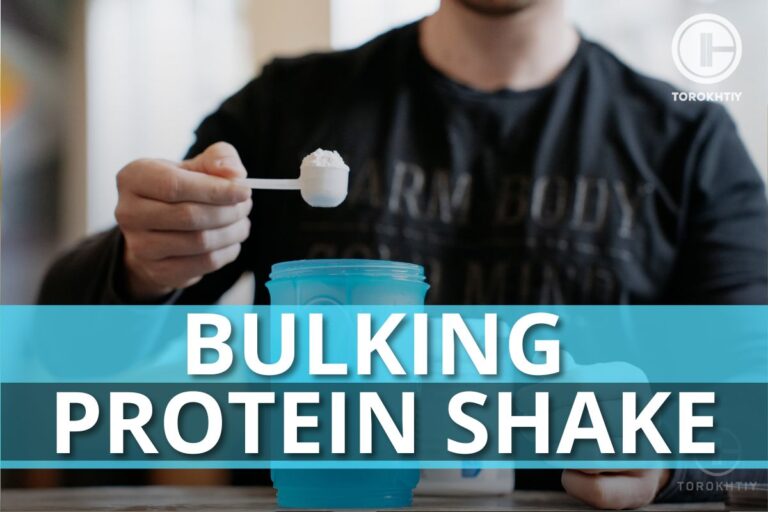How Much Does a Leg Press Weigh?
Does the leg press machine have weight? The answer to this question is a resounding yes.
Understanding the weight of a leg press is crucial to creating an effective plan for a home gym.
Today, we’ll explore the weight of a leg press machine, including the weight of leg press sled, plates, and resistance.
With this knowledge, you can optimize your leg press workout and know how much a leg press machine weight without plates.
How Much Does a Leg Press Weigh? The weight of a leg press machine can vary depending on the brand and model. Typically, commercial leg press machines can weigh anywhere from 500 to 1000 pounds. More compact models designed for home use that can weigh as little as 100 pounds.
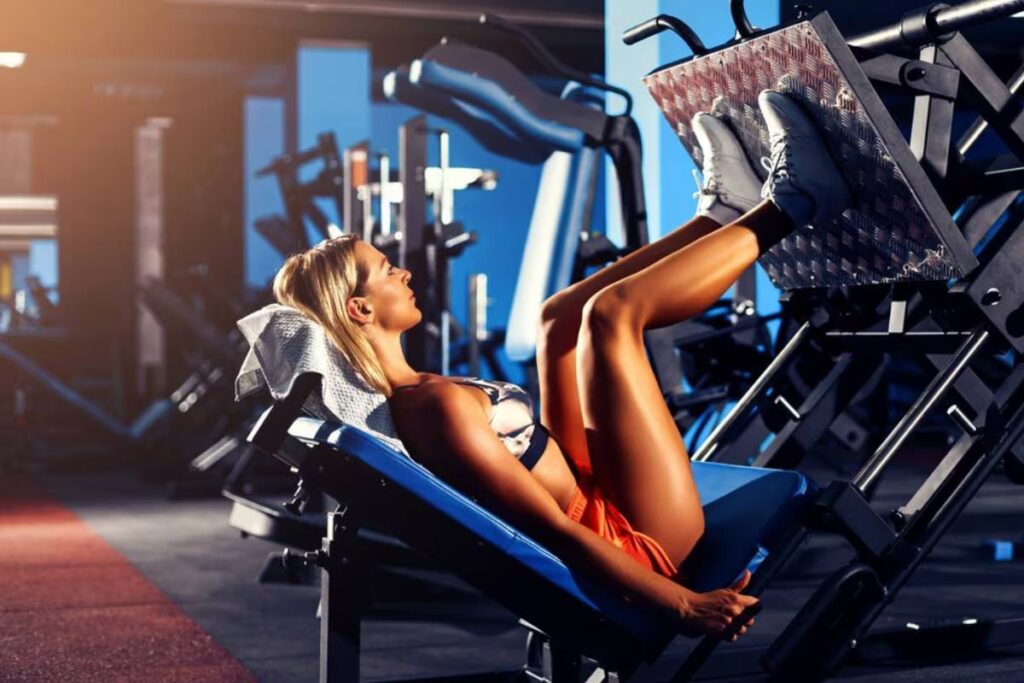
The leg press is an effective exercise for targeting the muscles in your legs.
Initially, determining the appropriate weight to lift may be challenging. The answer to the question “How much is the leg press machine without weight?” depends mainly on the type of machine, brand, and starting weight of the machine being used.
You’ll see plate-loaded machines in most gyms, with large metal plates stored on one side that can be adjusted by adding or removing plates from the stack.
Selectorized versions work similarly but feature a digital counterweight stack which is much simpler to use than manually changing the plates.
When you first start, the weight of the press will depend mainly on the model of machine you have at your disposal. Some machines come with a fixed starting weight, while others require additional plates for a higher sled weight as you progress.
Knowing how much you’re lifting at all times allows you to increase or decrease your intensity as necessary progressively.
Most leg press machines without weight, such as a pivot and machine-style leg presses from brands like Cybex and Hammer Strength, typically have a start weight of 100-170 lbs (45-77 kg). The amount may differ based on the specific manufacturer and model.
What Affects Leg Press Machine Weight
To figure this out, you need to first ask how much does a leg press sled weigh? Then you need to consider the weight of the rest of the machine including the weights and a person using it to determine the weight.
The weight you can press in a leg press will depend on various factors, such as your fitness level and the type of leg press machine you’re using.
Beginners may be overwhelmed by the weight of the leg press sled they have to push in a leg press, while more experienced lifters will find it easier.
By understanding the different components that contribute to the overall weight of a leg press sled – including the angle, foot placement, body positioning, and muscle strength – you can adjust the weight stack accordingly to suit your fitness level and goals.
Below, let’s look at each of these factors in more detail.
1. The Angle of the Machine
The angle of the leg press machine plays a significant role in determining the weight. If the machine is inclined, it reduces the weight resistance, making pressing easier.
On the other hand, if the machine is set at a decline, it increases the weight resistance, making it more challenging to press.
For example, the steeper an angled leg press starting weight (like a 45-degree angle) will increase the amount of resistance and require more force to move the weight.
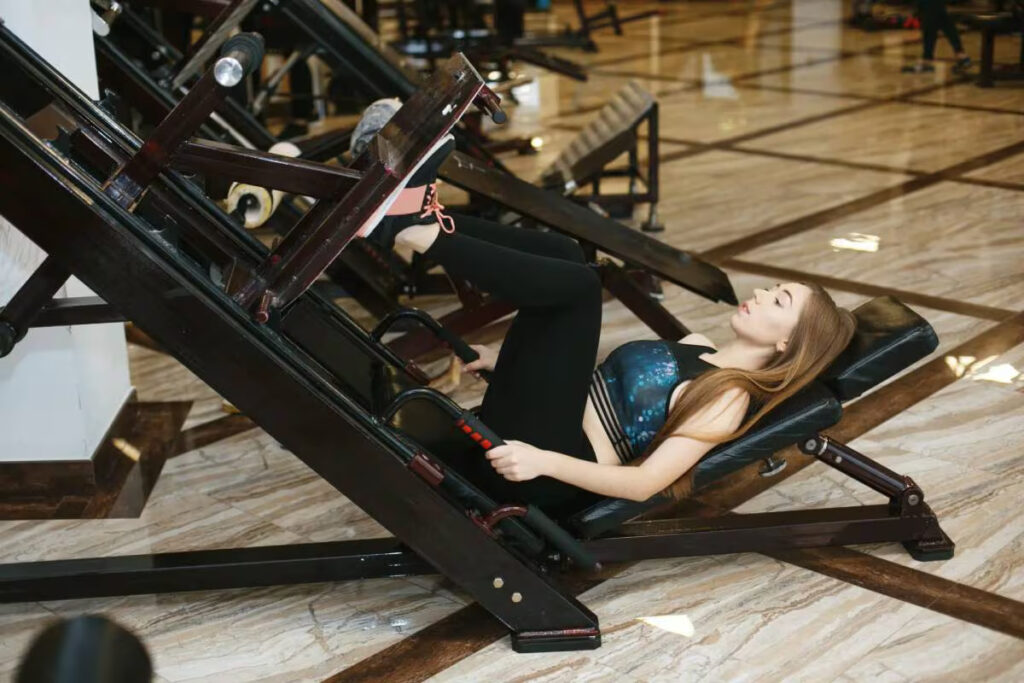
2. Weight Plates
The weight stack used on the machine directly impacts the weight resistance. The more weight plates added, the heavier the weight becomes. A leg press machine without plates can still be used.
3. Foot Placement
Placing your feet closer together will increase the weight resistance while placing them further apart will decrease it.
4. Body Position
The position of your body on the machine can also affect the weight resistance. If you press with your legs fully extended, the weight will be heavier, while bending your knees will reduce the weight resistance.
5. Machine Mechanics
The mechanics of the machine itself can also affect the weight resistance. If the machine is well-oiled and maintained, it will provide a smoother and more consistent weight resistance.
6. Muscle Strength
The strength of your leg muscles will also affect the weight resistance. If your leg muscles are weak, the weight will feel heavier, while stronger leg muscles will make the weight feel lighter.
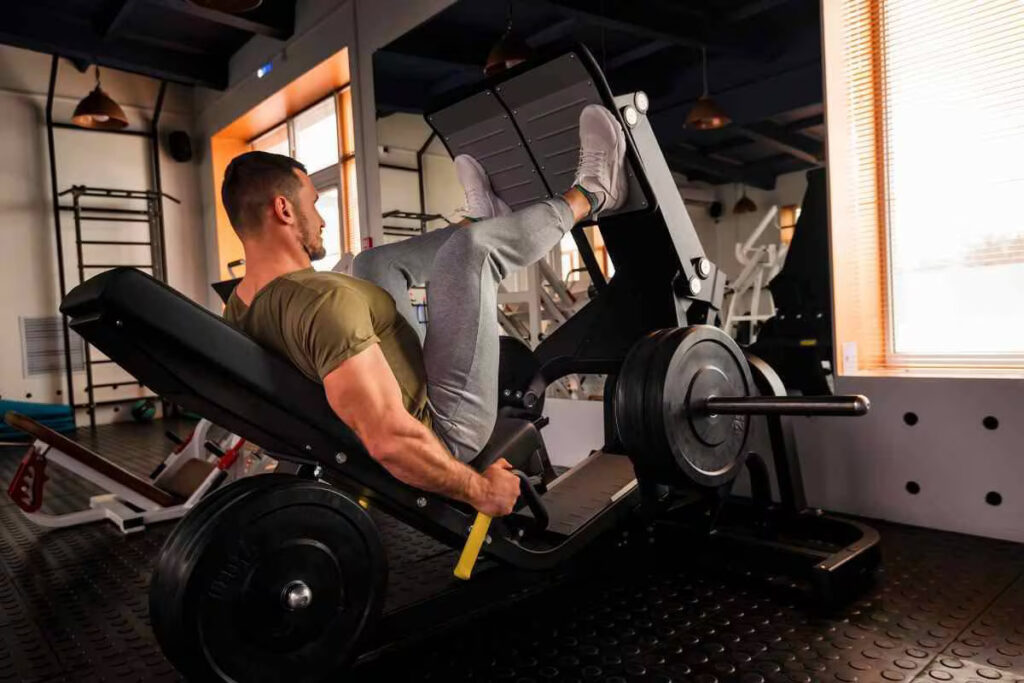
7. Personal Fitness Level
Your personal fitness level will also impact weight resistance.
If you are a beginner, the weight will feel heavier, while more experienced lifters can handle heavier weights and also people with higher levels of cardiovascular fitness can lift a given weight for more reps than someone who is unfit.
Can You Use a Leg Press Machine in an Apartment?
It is possible to use a leg press machine in an apartment, but it may depend on the size of the machine and the available space in the apartment. Some leg press machines can be quite large and may need to be more practical for smaller apartments.
Additionally, the weight of the machine and the weights being used may cause noise and vibrations that could disturb neighbors.
I suggest checking with the apartment complex’s rules and regulations to see if there are any restrictions on using exercise equipment in the apartment.
Alternatively, a person may consider using a smaller, more compact leg press machine or finding other ways to exercise their legs without the use of equipment.
What To Look For in a Leg Press?
Investing in a leg press machine can be a valuable addition to your home gym, but choosing the right one is essential.
Below we look at some of the key features to look for when selecting a leg press machine, so you can make an informed decision that helps you achieve your fitness goals.
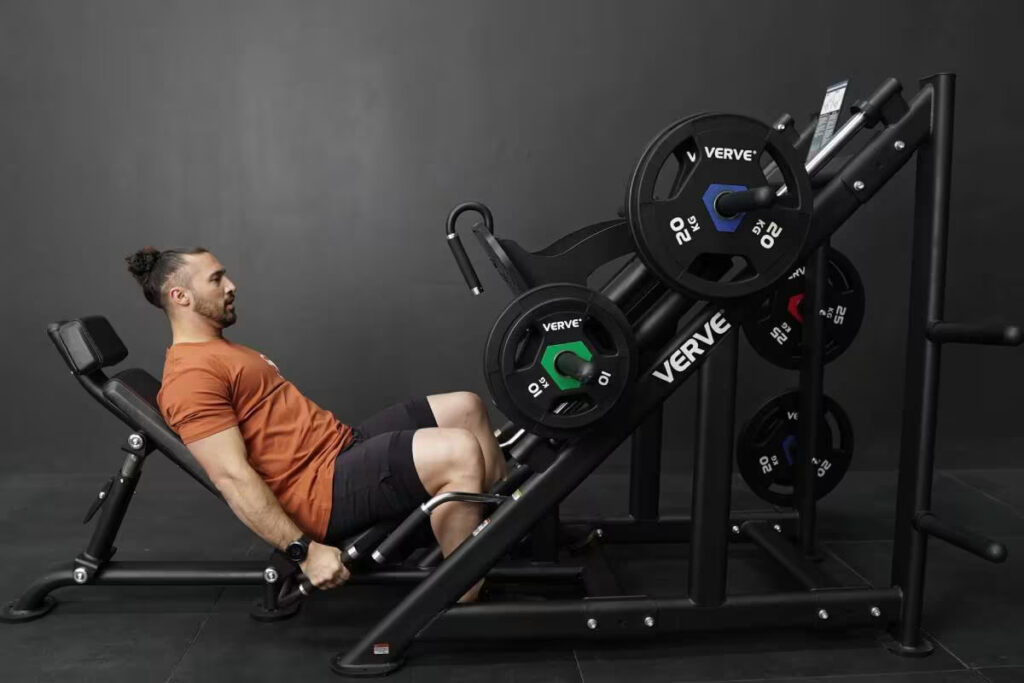
1. Adjustability
When considering a leg press, it is crucial to prioritize adjustability as a critical feature. You want to be able to adjust the seat, backrest, and footplate to ensure a comfortable and safe exercise. The ability to modify the resistance level on the machine is crucial for adjusting the intensity of your workout and for progressing over time.
2. Durability
A leg press is a significant investment, so you must ensure it is durable and built to last. Look for a machine made from high-quality materials, such as heavy-duty steel, with a weight capacity that accommodates your needs.
3. Smoothness of Movement
The leg press movements should be smooth and fluid, without jerking or jolting. Implementing this technique can decrease the likelihood of harm and optimize your muscles’ performance.
4. Safety Features
Safety features are crucial when using a leg press. You want to look for a machine with a sturdy locking mechanism so the weight doesn’t accidentally drop.
A safety stop can also prevent the machine from falling below a certain point. Before performing the exercise, you should always check does the leg press machine weight it.
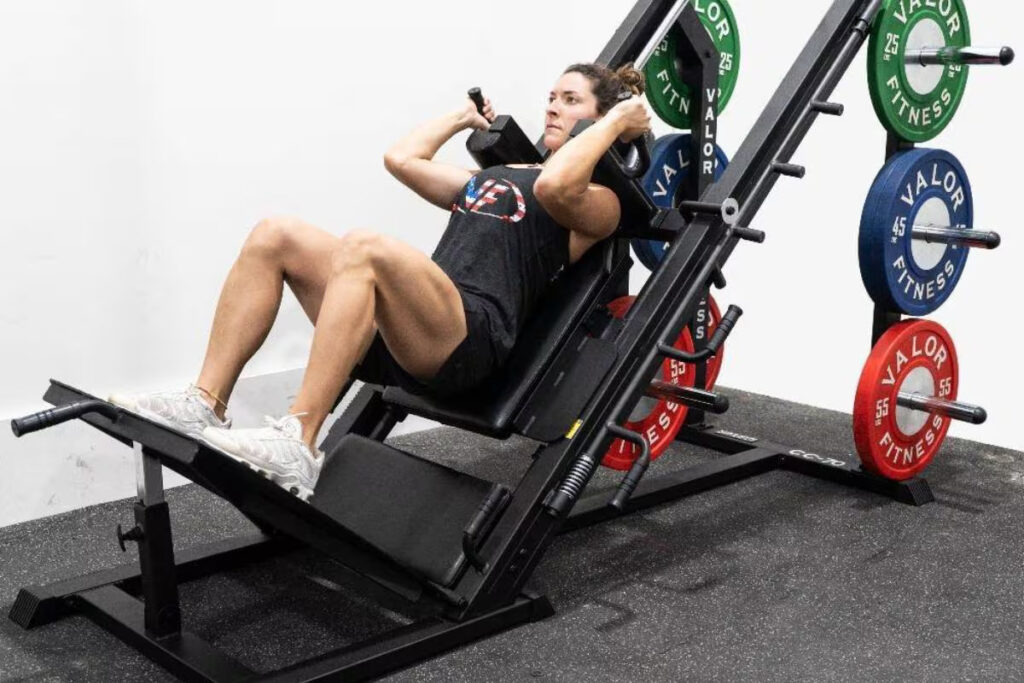
5. Comfort
Comfort is vital when exercising, and a leg press is no exception. Look for a machine with a padded seat, backrest, and footplate so that you can exercise without discomfort. A machine with ergonomic handles can also be beneficial, allowing for a comfortable grip during the exercise.
6. Footplate Size
The footplate size is a factor that can affect the exercise’s efficacy. You want to look for a machine with a footplate that is large enough to accommodate your feet but not too large that it is difficult to move.
However, a machine with a large foot plate allows you to choose different positions for your feet, which will target different muscle groups when performing the exercise.
7. Space-Saving Design
When searching for equipment for your home gym, consider a leg press machine with a design that conserves space. Specific models of leg presses feature a foldable design that permits convenient storage when not in operation.
Some machines have a smaller footprint, occupying less space in your gym, allowing more room for other pieces of equipment.
Our Recommended Leg Press Machine
For the ultimate solution for your leg workouts at home, we recommend the Powertec Fitness Leg Press Machine. This machine is built to withstand intense workouts and provide maximum results.
It features a high weight capacity of up to 1000 pounds and has an adjustable backrest and footplate for custom fit and comfort. Its multipurpose design allows for calf raises and hack squats, perfect for any home gym.
It’s easy to assemble with clear instructions and has a heavy-duty steel frame construction for durability and longevity.
FAQ
How Is Leg Press Weight Calculated?
Leg press weight is typically calculated by adding the weight plates that are loaded onto the machine. The weight of the sled or platform is often included in the machine’s weight capacity, so you would only need to factor in the weight of the plates you add.
Is a Leg Press Heavier Than a Squat?
Typically people can lift more with a leg press than a squat. Plates and a barbell add weight; in a leg press, the weight is typically set by adding plates to the machine.
A hack squat machine weight without plates may also be used; however, both exercises can be adjusted and customized to fit an individual’s strength level and fitness goals.
Conclusion
How much a leg press weighs depends on the specific model and brand.What’s most important is not the weight of the machine but rather the benefits of using it. Incorporating leg presses into your workout routine can help strengthen and tone your lower body.Share your thoughts about the leg press, and how much they weight with us and other readers in the comment section below.
Also read:
- What Is Leg Press Good For
- Hack Squat vs Leg Press
- Leg Extension vs Leg Curl
- What Muscles Does Leg Press Work
References:
- How to Do a Leg Press // Webmd: https://www.webmd.com/fitness-exercise/how-to-do-a-leg-press
- The Impact of Back Squat and Leg-Press Exercises on Maximal Strength and Speed-Strength Parameters // Pubmed: https://pubmed.ncbi.nlm.nih.gov/26439782/
- Effects of low volume isometric leg press complex training at two knee angles on force-angle relationship and rate of force development // Pubmed: https://pubmed.ncbi.nlm.nih.gov/30114973/
- Analysis of Muscle Activation During Different Leg Press Exercises at Submaximum Effort Levels: https://journals.lww.com/nsca-jscr/fulltext/2008/07000/analysis_of_muscle_activation_during_different_leg.5.aspx
- Comparison of Joint and Muscle Biomechanics in Maximal Flywheel Squat and Leg Press // Pubmed: https://pubmed.ncbi.nlm.nih.gov/34423289/
- Effects of technique variations on knee biomechanics during the squat and leg press // Treinamentoesportivo: https://www.treinamentoesportivo.com/wp-content/uploads/2012/10/ARTIGO-AGACHAMENTO-01.pdf
Why Trust Us?
With over 20 years in Olympic Weightlifting, our team does its best to provide the audience with ultimate support and meet the needs and requirements of advanced athletes and professional lifters, as well as people who strive to open new opportunities and develop their physical capabilities with us.
By trusting the recommendations of our certified experts in coaching, nutrition, dietology, and sports training programming, as well as scientific consultants, and physiotherapists, we provide you with thorough, well-considered, and scientifically proven content. All the information given in the articles concerning workout programming, separate exercises, and athletic performance, in general, is based on verified data. We ensure that you can rely on our professionals’ pieces of advice and recommendations that can be treated as personalized ones which will benefit you and fully meet your needs.
The product testing process is described in more detail here
Author: Ihor Shymechko
Pro Olympic Weightlifter, Coach
Best Results: Snatch – 208 kg,
C&J – 240 kg
Ihor has been a professional weightlifter since 1996, boasting over two decades of competition experience. His notable achievements include clinching the European Championship in 2009 and securing a silver medal in the 105kg division at the Senior World Championships in 2011. Ihor represented his country in the 2008, 2012, and 2016 Summer Olympics. After retiring from competitive weightlifting, he transitioned to coaching, leveraging his vast experience to guide athletes who now compete on both national and international stages.

